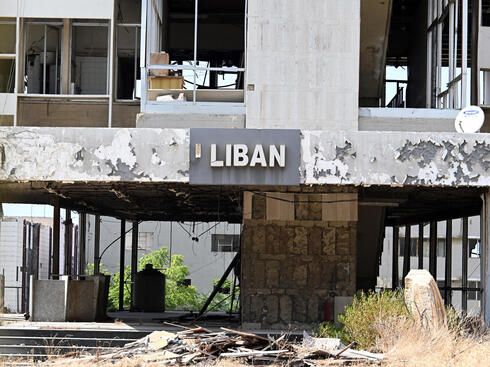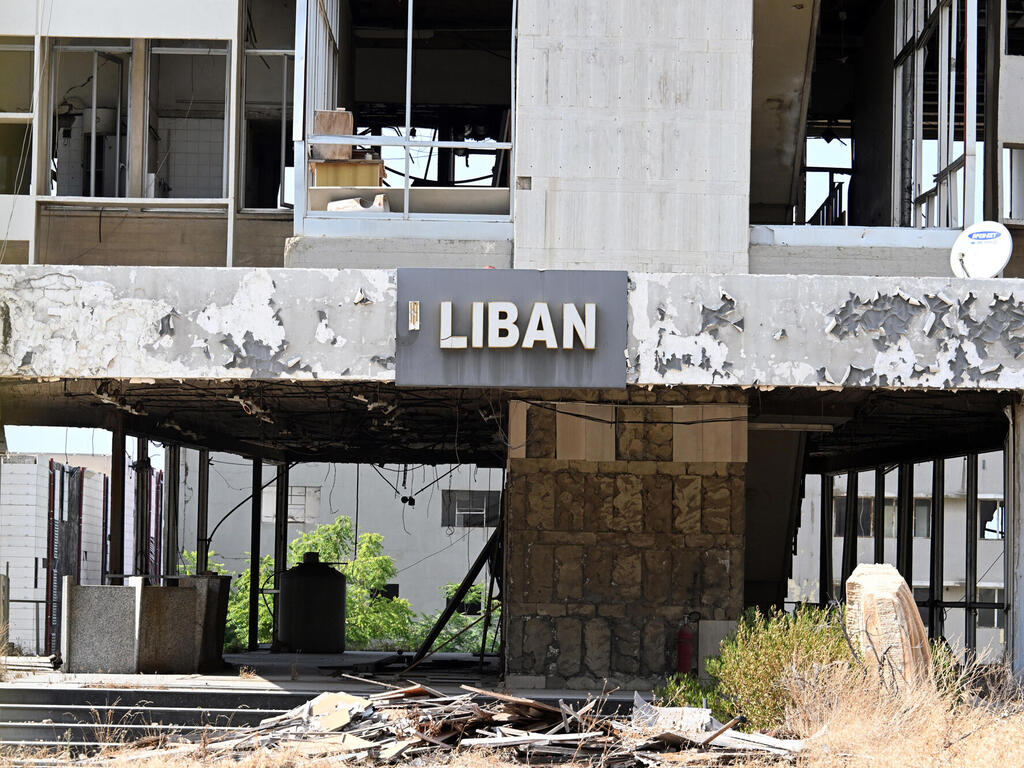
Analysis
Power struggle: How Hezbollah profits from Lebanon's electricity crisis
Hezbollah rakes in billions as Lebanon's state power grid fails.
The Lebanese electric company announced on Saturday that electricity would be cut off across the entire country due to a fuel shortage, continuing the chronic crisis that has plagued Lebanon's economy, particularly in the energy sector. Similar power outages have occurred in the past—the most notable being in 2021—and it is likely that, as in the past, electricity will be restored in the coming days. Energy Minister Walid Fayad stated last night that a fuel shipment is expected to arrive in Lebanon on August 24, which will help resume operations at the Lebanese electric company's power plants.
However, it is important to put things in perspective. Even before the current crisis, the Lebanese electricity company could only supply electricity for a few hours a day. In general, the story of the Lebanese electricity company mirrors that of the entire Lebanese economy—mismanagement, sectarianism, and corruption are intertwined, leading to total failure and a deepening crisis. Despite the Lebanese government having poured billions of dollars into the company over the last 30 years, it has accumulated an average debt of $1.5 billion annually during this period. Part of the problem is rooted in the country's sectarian dynamics. For instance, in the Dahieh district—a Hezbollah stronghold in southern Lebanon—company inspectors are not allowed access for collection purposes. As a result, the Lebanese electricity company is currently responsible for about 40% of Lebanon's public debt, even though its electricity supply capacity has diminished over the years.
With the state's inability to provide reliable electricity, the market has developed alternatives, primarily through private "entrepreneur" generators. In recent years, there has also been a growing, though still nascent, use of solar panels. The profits from the generator business are primarily reaped by individuals associated with Hezbollah, while in southern villages, most of which are Shiite, those close to the Shia Amal movement are also part of the "generator mafia."
The use of generators in Lebanon operates in two ways. In some areas, the local council or district leadership takes responsibility for supplying electricity to households through generators and contracts suppliers. After the connection is established, the council collects payments from consumers and transfers them to the generator suppliers. The second method involves private contracting, where a household or factory directly contracts with a generator supplier. The use of generators has become so widespread that the government periodically publishes updates on the "recommended" prices for electricity produced from generators.
Most Lebanese are aware of the dangers associated with generators—both from a safety perspective, as the power lines are often installed illegally and without supervision, and from the health hazards they create, leading to what is described as a "slow death" caused by the generators. However, at present, they have no alternative. According to estimates in Lebanon, consumers of generator-supplied electricity pay about $2.5 billion annually, most of which ends up in Hezbollah's coffers.














